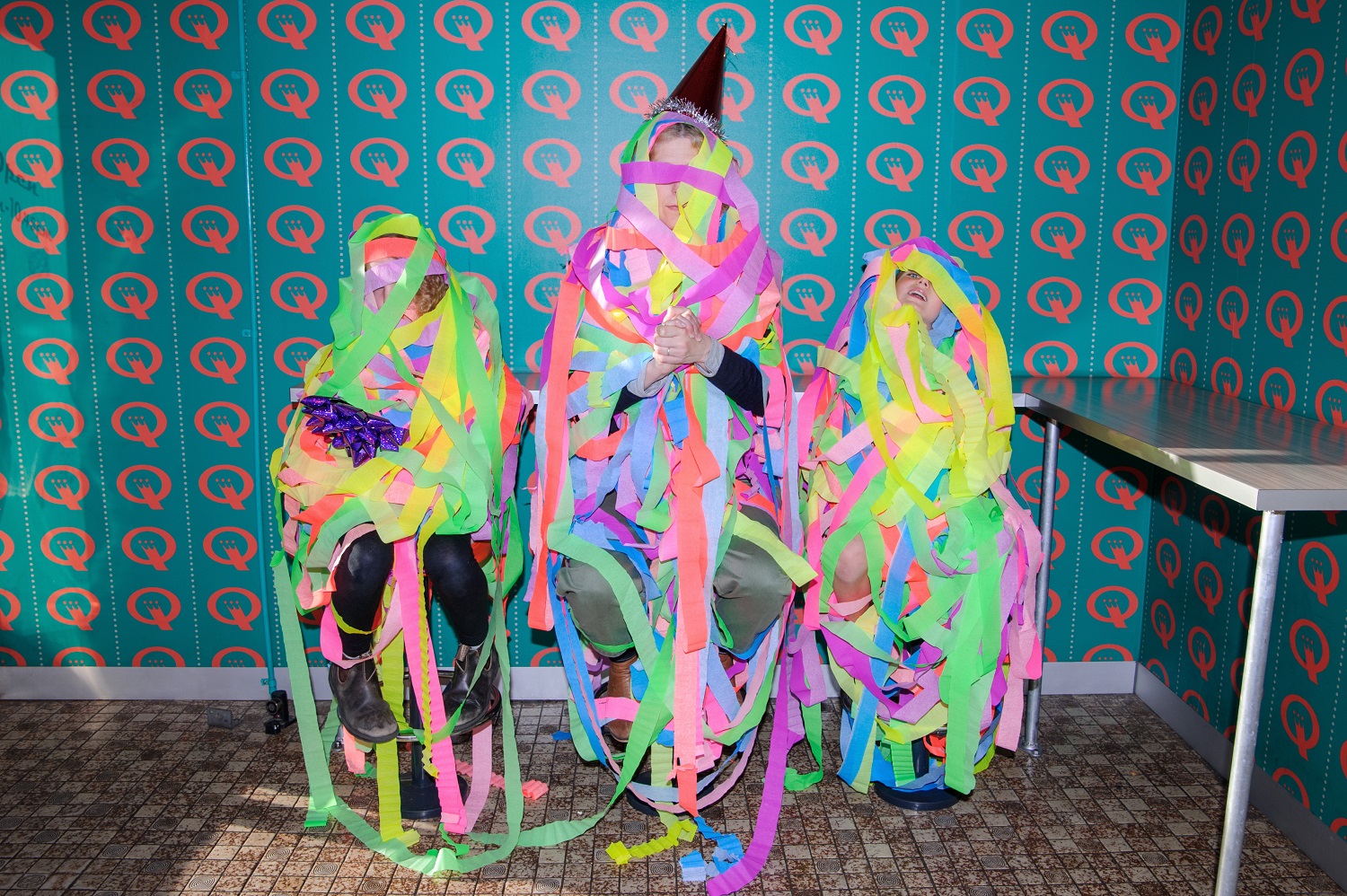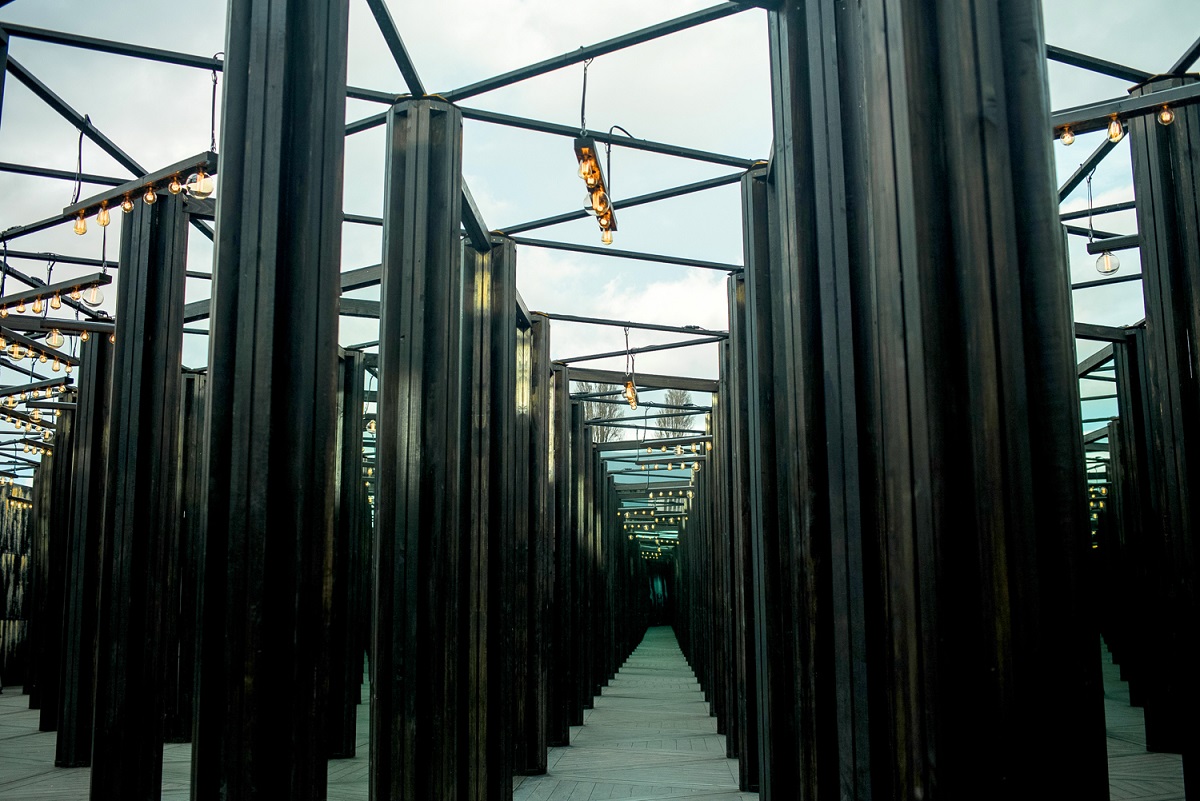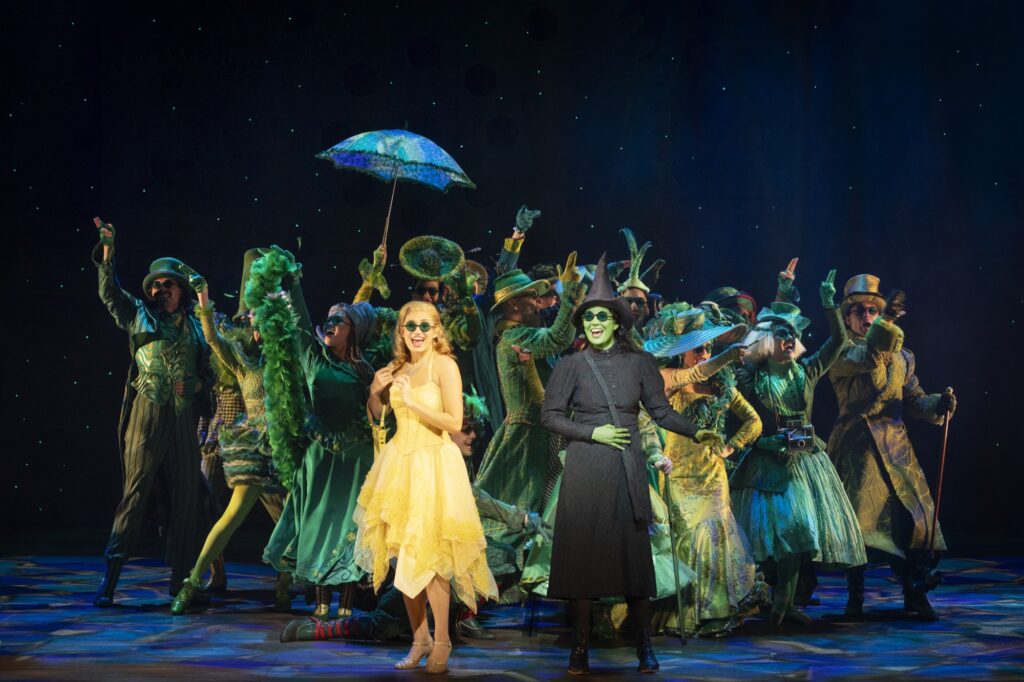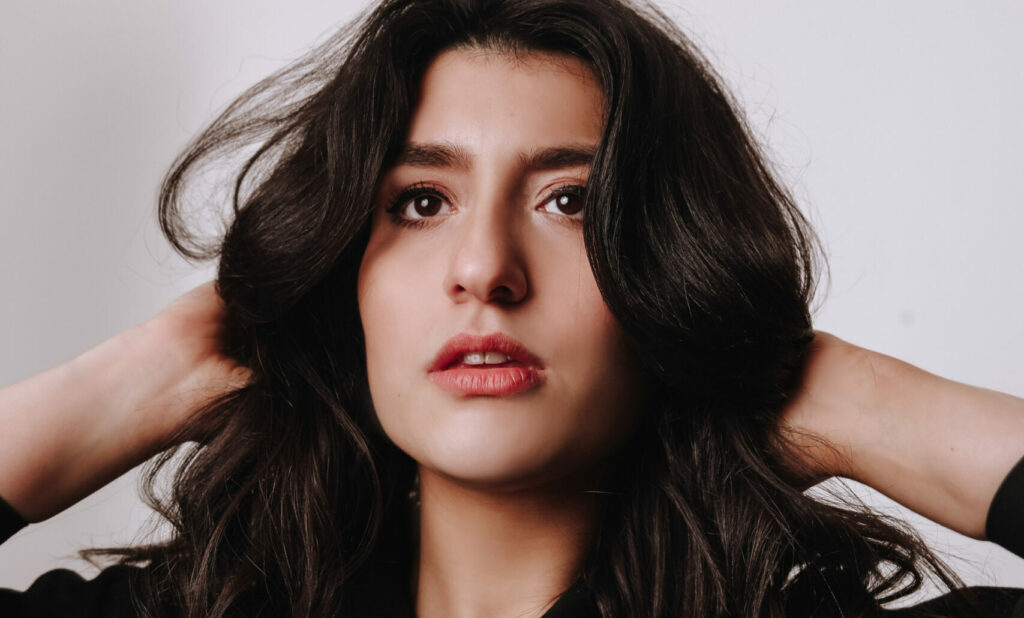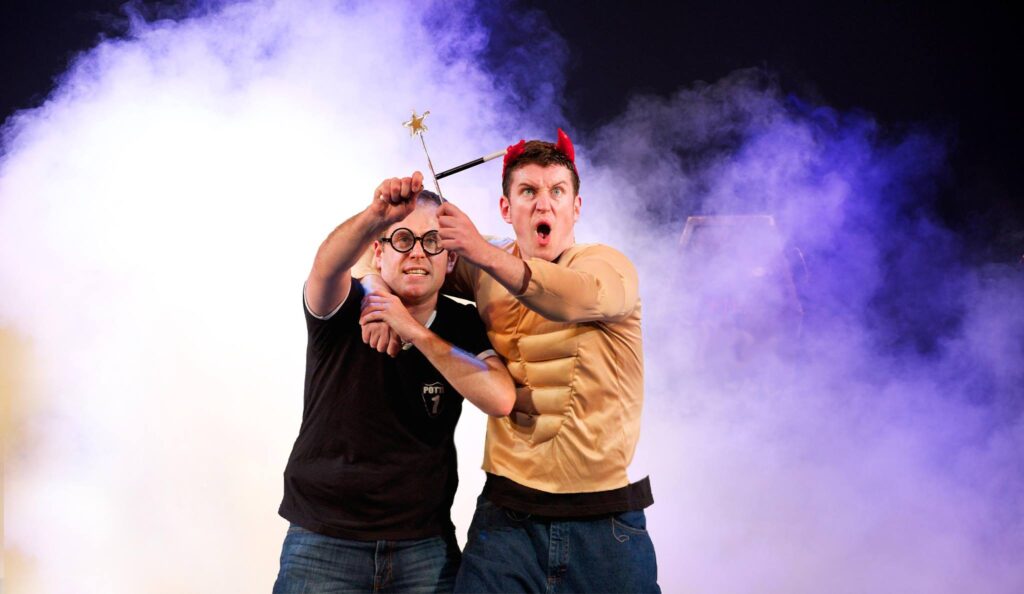How do you select which audience member will become the basis for each show? Are there specific qualities you look for? All of My Friends invites audience members who wish to be considered as each night’s ‘Birthday Subject’ to fill in a questionnaire based on their life and birthday experiences. There have already been so many beautiful answers. Obviously, the more detail people enter in their questionnaire, the more we’ve got to work with – so we encourage expansive answers. In terms of what we look for – we are open to all ages, all experiences, all kinds of memory.
After an audience member is chosen, how do you go about collecting information on their life and experiences for the show? Now that, my friend, would be revealing our secrets. And if we told you how we put together our shows we’d have to kill you (and then make a show about you).
Why did you choose birthdays as a concept to explore in this show? We interrogated some companion works to accompany Funeral. Deaths, births and marriages kept popping up for us (we’ve still got weddings up our sleeve, so watch this space). The idea of an entire audience building a surprise party for someone they’ve never met was just so appealing – as well as the idea of the Birthday Subject being a new person each night. No two shows are ever the same for us.
What does All of My Friends Were There have to say about growing older? I think there’s a motif in all of our work – that life is finite, and complicated, and joyous, and sad, and if you don’t stop every now and then to pop a party popper for yourself and your fellow humans you’re missing a wonderful opportunity for reflection. We’re all going to die. So let’s have a little party on the way.
The basis for each show is based on a real human life and their own personal experience. How does this change the nature of performance as opposed to creating something completely fictional? It makes it much more complex and delicate. We’re asking something of our audiences – to not just sit passively in a seating bank and observe. We’re asking them to be in the show. However, we work very hard to make that inclusion warm, and safe, and mutually supportive between audience and performer.
What aspects of human nature does this show ask the audience to think about? Death, obviously. And that wonderful randomness of human beauty.
While the narrative of each performance is based on the experiences of one person, would you say the show says more about humans and the experiences we all share than that of the individual? Absolutely. Particularly with birthdays. There’s a ribbon that runs through many experiences that many of us relate to. Fairy bread in childhood, pashing and puking in teenage years, finding our sense of self in our 20s and 30s, facing mortality through ageing. The questionnaires have already shown us the connectivity of experience. There’s still a couple of spots remaining if people are ready to have an entire theatre show based on their life.
